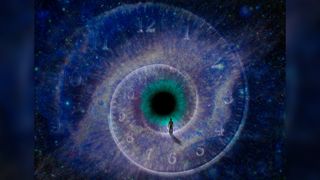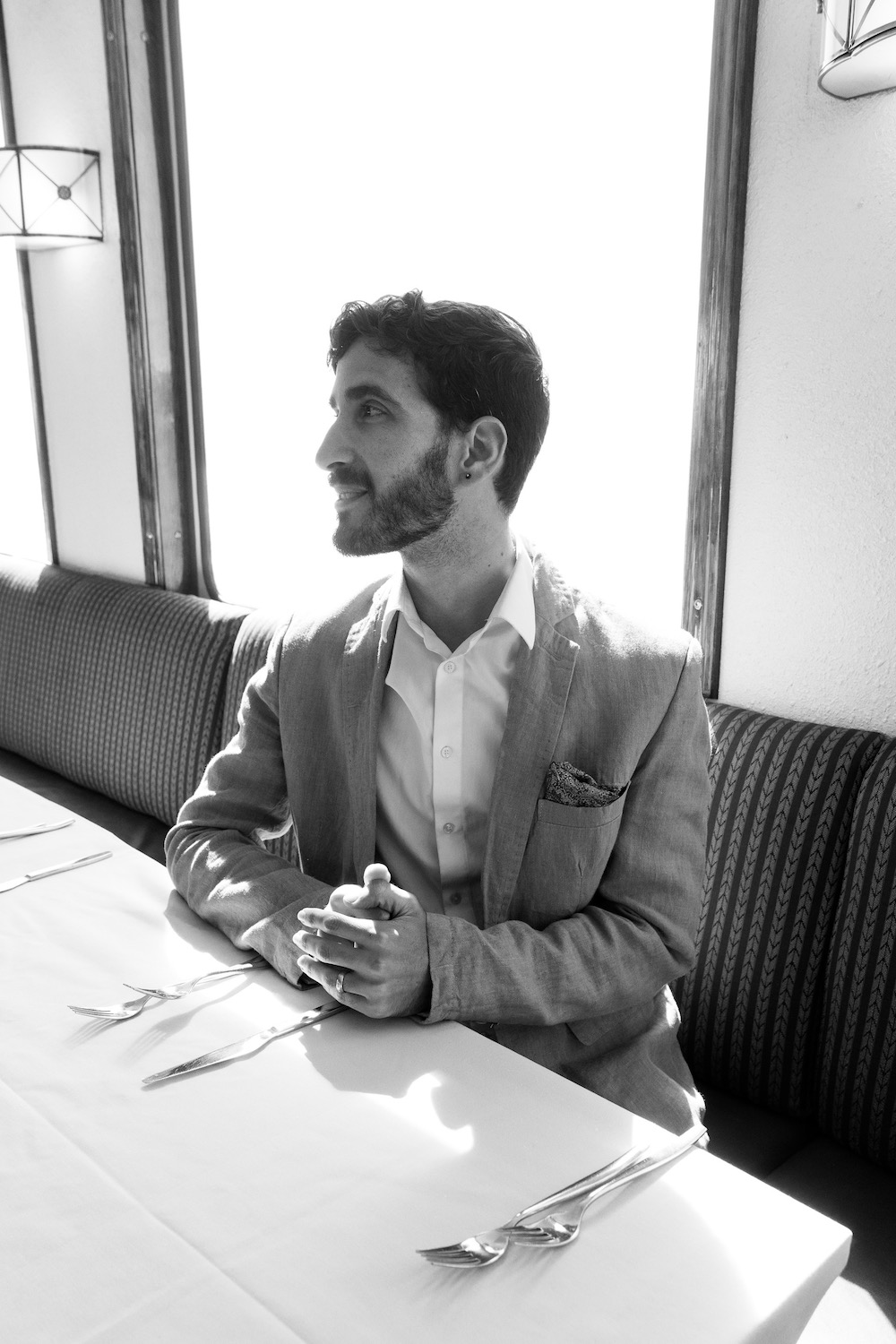How to Stop Laptop Fan From Running All the Time
Can we occlusive time?

The relentless march of time can be a informant of anxiousness. World Health Organization hasn't sometimes wished for the power to freeze themselves in a happy moment or even prevent a dear from slippy away.
Every in one case in a while, a science-fiction book, movie or TV show leave sport characters who can do what we all wish: Stop time.
Merely is such a thing possible? Answering that question requires a deep honkytonk into the farthest corners of physics, philosophy and anthropomorphous perception.
Inaugural, we have to define fourth dimension. "To a physicist, it's not that mysterious," Sean Carroll, a theoretical physicist at the Golden State Institute of Technology, told Go Science. "Time is sporting a label on antithetical parts of the universe. It tells us when something is happening."
Kin: Where does the conception of time go out come from?
Galore natural philosophy equations pretend little distinction among the past, present and future, Carroll added. One place meter appears is in Albert Einstein's theory of relativity. Reported to Einstein's theory, time is measured by clocks. Because the parts of a clock must pass through space, time gets snarly up with space into a larger conception titled space-time that underpins the universe.
Relativity splendidly showed that time can become pretty wonky depending happening how fast an perceiver is moving relative to another percipient. If you send a person with a clock on a starship at approximate deficient speed, time will seem to kick the bucket more slowly for them than it would for a stationary friend left on Terra firma. And an spaceman falling into a smuggled hole, whose large gravity tooshie warp time, might also seem to retard relative to a distant observer.
But that's non really a agency to stop time, Carroll said. Two clocks English hawthorn disagree in relativity, simply each will still record the usual passage of time within their own reference frame.
If you were nearing a black hole, "you wouldn't notice anything antithetical," Carroll said. "You would view your wrist watch, and it would pass at one second base per second."
For him, it makes little sense to talk about stopping sentence. We know that a car is ahorse because, at different moments of time, it's at a different location in space, He aforementioned. "Motion is exchange with observe to time, and then time itself can't move." In other words, if time stopped, all apparent motion would hold bac as well.
Piece sci-fi has sometimes disposed us protagonists who can pause time for everyone else, such situations raise a great deal of questions. "Are you stopping the air from moving?" Carroll asked. "Because if so, past you're unfree past the broadcast."
A time-stopping character would also likely be unable to control anything, he added, because light rays would no longer reach their eyeballs. "In that respect's not genuinely whatsoever duplicatable scenario in which time stops."
So much for physics. But time is more than just something read happening a time. It's also a feeling that we have in our heads and bodies, as swell A the instinctive rhythms of the world. Heretofore in those cases, time can become something field of study to individualized whims.
"Thinking about the subjective stamp of time gets interesting," Craig Callender, a philosopher who specializes in time at the University of Calif., San Diego, told Vital Science.
Related: Why does time sometimes fly when you're Non having fun?
He described a familiar psychological illusion called "chronostasis," in which a person places a clock at the edge of their vision and so stares at something else for a moment. Glancing back at the timepiece and focusing along the second hand bequeath pass hesitate. (It can be a quirky way to stay entertained during fifth period math class in high school.)
"The second pass on definitely hangs in that respect a little bit," Callender said. "You can puddle time appear like information technology freezes."
The illusion has to do with petite eye movements called saccades, in which your eyeballs rapidly flick posterior and forth to constantly take in their environs. To prevent you from seeing a helter-skelter blur, your head in reality edits what it sees in veridical meter and creates the impression of a round-the-clock field of persuasion, Callender aforesaid.
The question past becomes, what is the relationship between our perceptions of time and the time physicists are speaking about? Callender has written a number of books that seek to explore the connection between the deuce, and As thus far, in that location isn't so much consensus on a final answer.
Regarding the ultimate flow of time, Callender favors a scene "where there's nothing flow, but the story of yourself is flow."
And what does he believe regarding the possibility of stopping time? "If we call up of our subjective sense of time, so we can full point portions of it with chronostasis," Callender said. "But that's probably the closest we force out do."
Originally publicized on Live Science .
How to Stop Laptop Fan From Running All the Time
Source: https://www.livescience.com/can-time-stop.html

